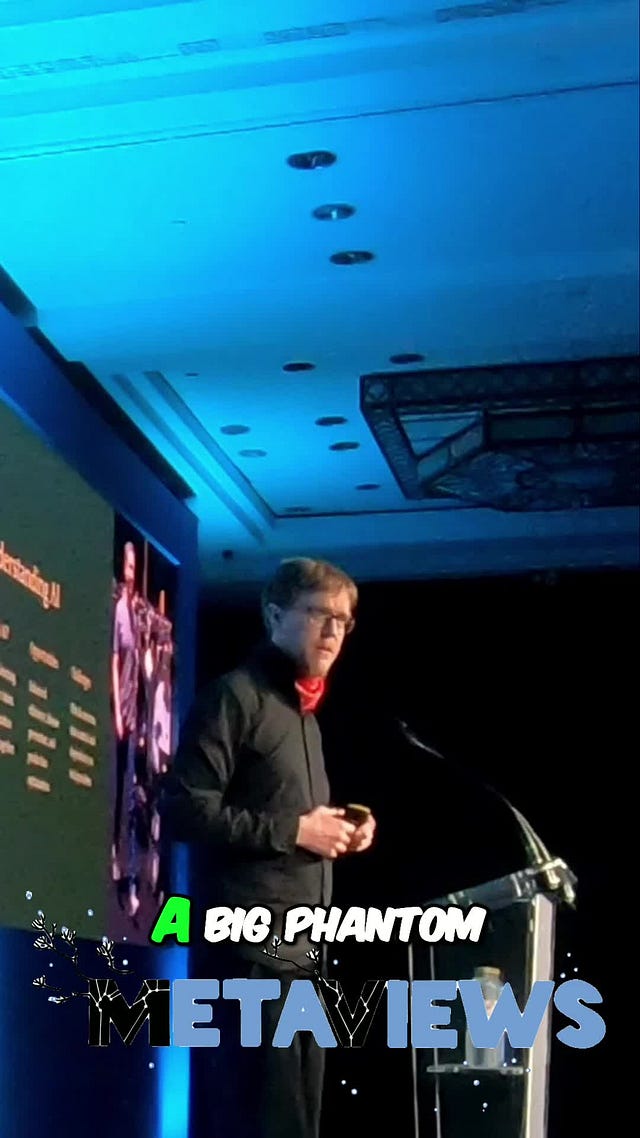Before you change your vote, you change your mind. Before you change your country, you change your culture.
Canada is not being annexed through force or law. What we’re experiencing is far more subtle—and in many ways, far more effective. We are absorbing American political culture through our screens, our parties, our news cycles, and ultimately, our imagination.
This process doesn’t feel like a takeover. It feels like familiarity. Like normalcy. Like a frog in a pot.
As we approach what may be the most consequential federal election in a generation, the internalization of U.S. political frames is reshaping our democracy in real time. The signs are everywhere, but none more telling than the rapid collapse of Canada’s multiparty system into a two-party contest. One red. One blue. Everything else is being pushed to the margins—culturally and electorally.
The NDP’s Identity Crisis
No party has been more affected by this shift than the NDP. Historically rooted in labour, social justice, and democratic socialism, the NDP now appears to be a party without a distinct narrative. It’s not just that they’re underperforming in the polls—it’s that they’re not offering an alternative.
In a media and political culture increasingly shaped by U.S. polarization, there is less room for a party that seeks nuance, solidarity, or economic critique. The NDP’s attempts to position themselves as kinder Liberals or more responsible progressives are failing not because they’re unpopular, but because they are unrecognizable in this emerging political frame. They’re trying to run a Canadian campaign in an American media environment.
This tension came into sharp focus during the recent controversy involving Jessica Wetzstein.
Jessica Wetz and the Optics of Authenticity
Jessica Wetzstein, a Vancouver-based adult content creator and activist, briefly joined NDP leader Jagmeet Singh on the campaign trail. Her presence was unorthodox, but arguably authentic. She represents a younger generation navigating economic precarity with creativity, audacity, and digital fluency.
But when a controversial video surfaced—one she had posted, reflecting on the genocide in Gaza—the party swiftly cut ties.

 Tiktok failed to load.
Tiktok failed to load.Enable 3rd party cookies or use another browser
Rather than defend her as a complex human with a legitimate voice, the NDP distanced themselves. The decision may have been made in fear of media blowback, but the blowback itself was deeply revealing: the Canadian media sphere responded with outrage and moral panic, in tones indistinguishable from American culture war reactions.
Jessica was not simply dropped—she was vilified. Not for her policy views, but for her profession. For her tone. For her unapologetic presence.
This is not the Canada of Ed Broadbent or Jack Layton. It is a Canada that has adopted U.S.-style optics management, where authenticity is a liability and sanitized branding trumps solidarity. The NDP could have embraced the moment as an opportunity to demonstrate relevance to younger, economically disenfranchised Canadians. Instead, they defaulted to PR crisis mode.
That instinct—to flinch in the face of controversy, to abandon authenticity for acceptability—may help explain why the party is bleeding support. They are afraid to be themselves in a culture that demands constant performance.
Rachel Gilmore and the New Boundaries of Discourse
Similarly, journalist Rachel Gilmore’s targeting by far-right actors and abandonment by the media who hires her reflects a new normal where speaking truth to power comes with career-ending risks.
 Tiktok failed to load.
Tiktok failed to load.Enable 3rd party cookies or use another browser
Gilmore’s reporting on Canadian extremism should have been protected by newsrooms. Instead, her journalistic integrity was met with institutional silence and online threats. The tactics used to marginalize her—coordinated harassment, reputational disinformation, and economic pressure—mirror those developed and perfected in the United States.
The erosion of critical journalism is not a sideshow. It is central to the reordering of political culture. When dissent becomes dangerous, conformity becomes survival.
From Media to Mindset
This is how cultural annexation works. Not through laws or flags, but through frames. We consume American political narratives at a scale that overwhelms our own. Over time, we begin to think like Americans, argue like Americans, vote like Americans.
We absorb their assumptions. That there are only two sides. That identity determines allegiance. That politics is war, and disagreement is betrayal.
What’s emerging is not a distinct Canadian political moment—it’s a Canadian performance of American politics. And like any good performance, the actors risk losing themselves in the role.
This newsletter tracks the ways power moves through systems—not just official ones, but cultural, digital, and emotional. Canada’s future is not being written in Parliament alone. It’s being shaped on TikTok, in comment sections, on podcasts and campaign buses.
The question is not whether we want to become America. The question is whether we still remember what makes us different.
If we want to resist the slide into American-style dysfunction, we must start by reclaiming our cultural agency. That means defending our journalists. Embracing our contradictions. Supporting messy, human voices like Jessica Wetzstein’s. And demanding more from our parties than strategic silence.
Canada may still be formally sovereign. But sovereignty begins in the mind. Let’s not give it away so easily.

 Tiktok failed to load.
Tiktok failed to load.Enable 3rd party cookies or use another browser






"The signs are everywhere, but none more telling than the rapid collapse of Canada’s multiparty system into a two-party contest. One red. One blue. Everything else is being pushed to the margins—culturally and electorally."
this makes me more sad than nearly anything else I read lately. everyone I know in Canada has said this to me :(
I know I harp on this, but we need to go beyond culture to critical policy reform.
A huge one for me is the need for Canadian parties to stop having US-Presidential style leadership conventions. Canada does not use a Presidential system, but a Westminster Parliamentary system. Party caucus leadership needs to be decided by caucus and be accountable to caucus at all times.
Canadian political parties, Canadian media, and Canadian voters acting as if we have a US Presidential system is making Canada into the USA, such that it won't even need to be taken over.
https://r.flora.ca/p/lets-work-to-fix-parliamentary-flaws
None of the parties that had seats in the previous parliament have any plans to fix this problem, and the NDP and GPC have pretty much written themselves off from being relevant by promoting policies that double-down on the problems rather than seeking solutions.